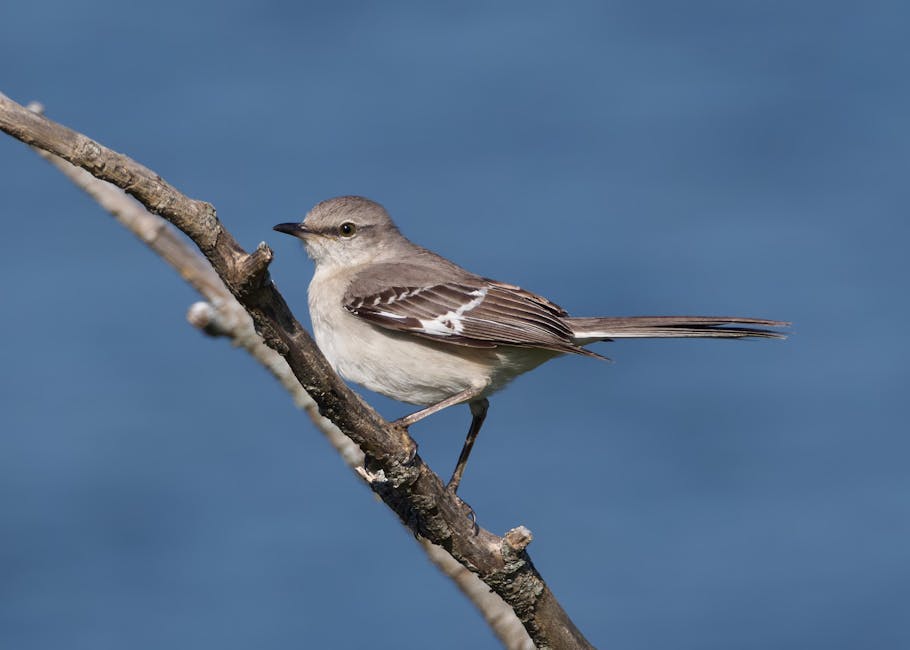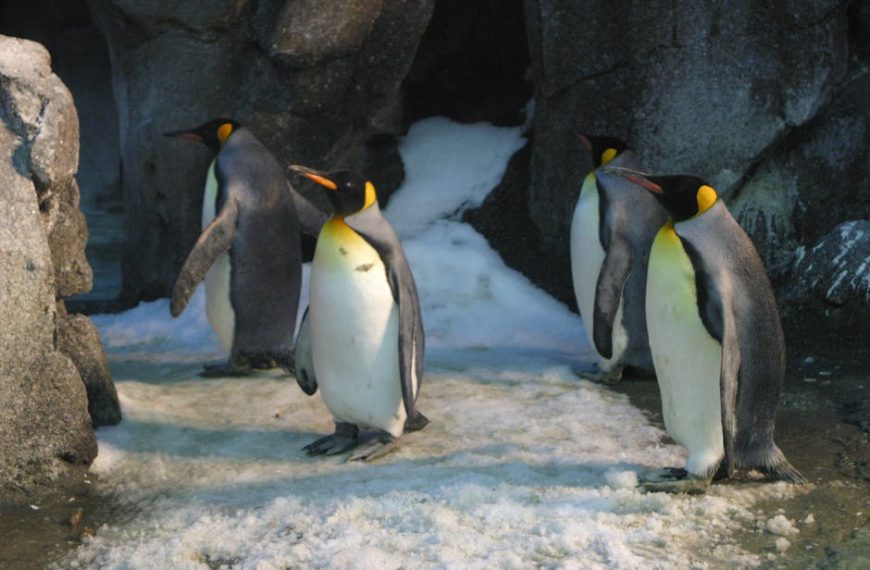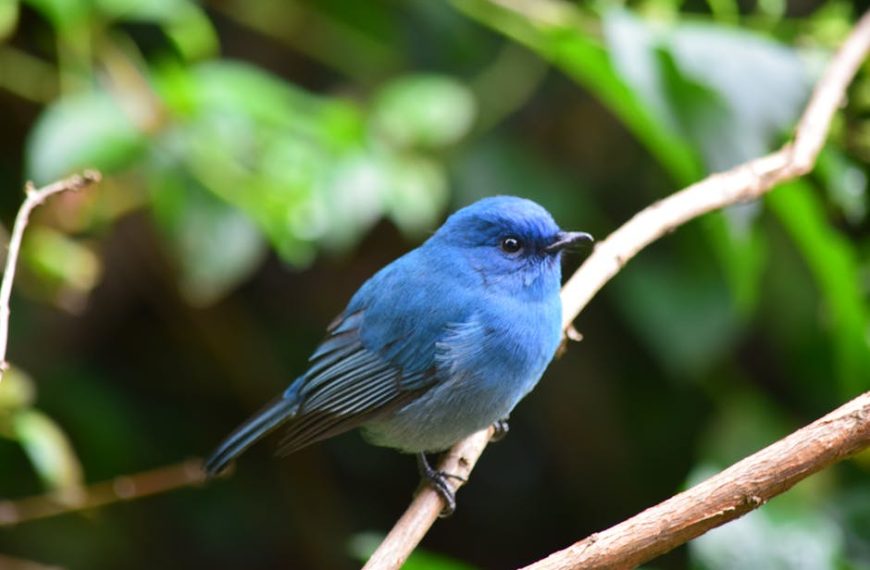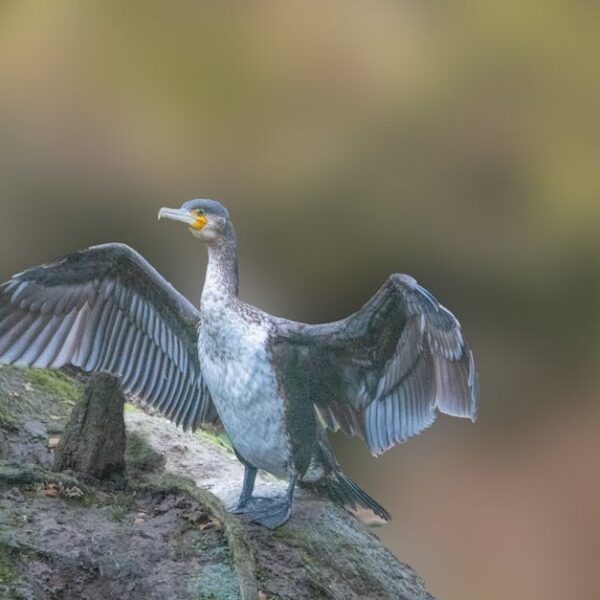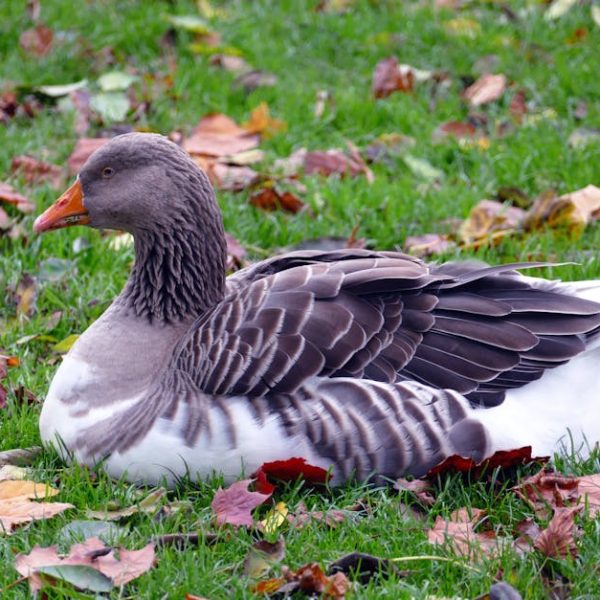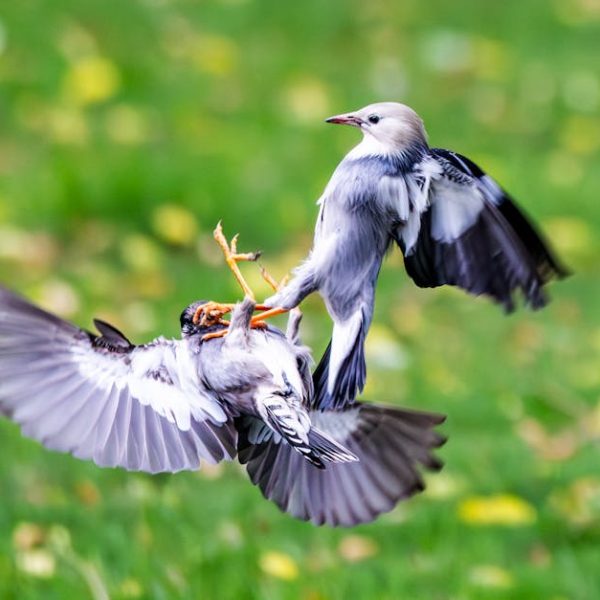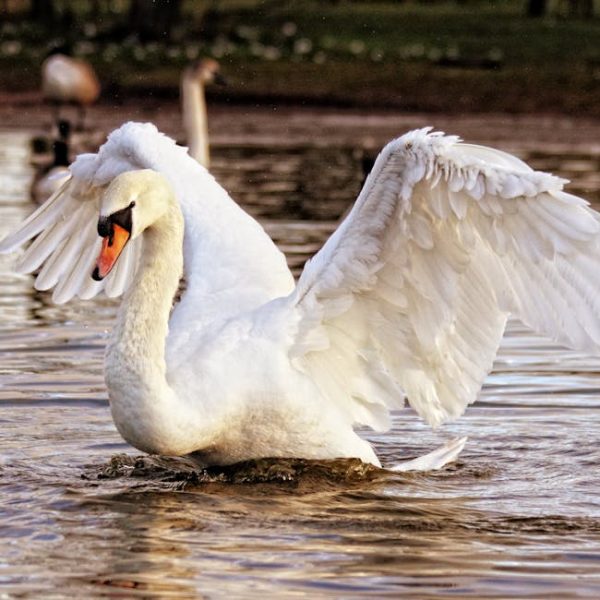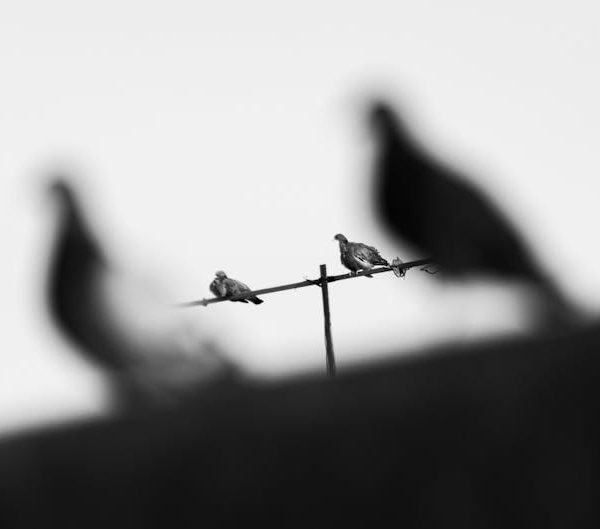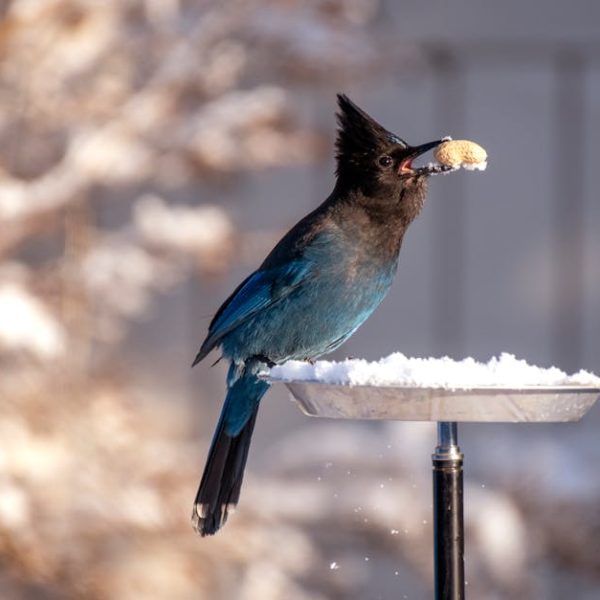As one of the earliest risers in the animal kingdom, birds are often associated with the awakening of a new dawn. Yet, if you find yourself wondering why you can hear them during nocturnal hours, you’re not alone. Various factors — from species-specific behavior to human-induced changes — can account for why birds chirp at night, unveiling a fascinating aspect of avian life.
Nature’s Circadian Rhythms and Birds
Life on Earth, inclusive of our feathered friends, follows a certain rhythm — a cyclic pattern based on a 24-hour internal clock known as circadian rhythms. These internal timings regulate sleep-wake cycles, feeding, mating activities, and more. Birds, interestingly, adjust their daily routines according to these rhythms, just as humans do.
The behavior of birds often syncs with the ebb and flow of light through the day. However, it’s not always about the early bird catching the worm. Some species hold significant nighttime activity. Labelled as diurnal, nocturnal, and crepuscular, birds exhibit different levels of activity depending on the time of the day.
Diurnal birds, such as eagles or sparrows, prefer daytime operation, while nocturnal species, like owls or nightjars, are most active at night. Crepuscular birds, including swallows and flycatchers, thrive during the twilight hours of dawn and dusk. Understanding this categorization expands the scope of bird-watching and helps decode their behavioral mysteries.
Reasons for Nocturnal Bird Songs
Nocturnal bird songs, despite their mystique, serve practical purposes. The serene ambiance of the night offers a less crowded space for communication – allowing a bird’s song to carry further without interference from other sounds. This potentially serves both a romantic and defensive purpose as calls can lure a mate or deter a potential rival.
For nature enthusiasts, keenly observing and understanding different bird songs provide a unique way to connect with feathered species – making each late-night chorus a melodious conversation to decipher.
Influence of Urban Light Pollution on Bird Chirping at Night
Man-made changes to the environment also shape the habits of our avian counterparts. Artificial light pollution generated by urban streetlights and illuminated buildings can confuse birds, causing them to sing at unconventional hours.
Birds accustomed to city life might misinterpret artificial lights for natural daylight, leading them to adjust their sleep-wake cycles and begin their songs prematurely. Simple actions, like turning off unnecessary lights and using shades, can help mitigate this light pollution and protect your neighbourhood birds from unnecessary confusion.
The Role of Weather and Environmental Factors
Mother Nature herself also plays a tune in the night songs of birds. Changing weather conditions, especially during cyclic events like full moons or migration periods, can heighten nocturnal bird activity.
On these moonlit nights, increased visibility allows for safer navigation and foraging, resulting in a burst of chirping melodies. Additionally, wind direction and atmospheric pressure changes linked to impending weather shifts can prompt birds into nocturnal singing, serving as an orchestral forecast for keen observers.
Stay tuned for further insights into uncommon reasons, including health factors and disturbances, that lead birds to break into song at night.
Uncommon Reasons: Health, Disturbance, and Added Factors
While typical circadian rhythms and ecological triggers account for many nocturnal bird songs, there exists a variety of other stimuli that can prompt our feathered friends to serenade the silence of the night. Unusual health conditions, disturbances, and even practicing young birds may play a role in this symphony of twilight chatter.
Birds suffering from diseases or parasites may exhibit unusual vocalization patterns, including persistently singing into the night. Additionally, birds jolted from their sleep by unexpected disturbances – such as predatory threats or habitat destruction – may vocalize rapidly in fear.
Perhaps one of the most endearing reasons for nocturnal chirping, however, are juvenile birds refining their melodies under the safety of the night’s cover. Young birds starting to discover their own tunes often practice incessantly – day and night – much like a child with a new musical instrument.
While these added factors add depth to the reasoning behind nocturnal bird songs, for homeowners, it brings the added responsibility of ensuring minimal disturbance to local bird populations. Promoting quiet, dark outdoor areas at night can greatly contribute to maintaining an environment conducive to the well-being of these creatures.
Conclusion
Understanding why birds chirp at night provides insight into their intriguing behaviors, allowing us to better cohabitate with, and appreciate, these wonderful members of our environment. From the natural influence of circadian rhythms and weather conditions to the more unusual reasons of health concerns and late-night chirps from eager youngsters, birds continue to mystify and charm us, even under the cloak of night.
By understanding their rhythms and needs, we can make small but impactful changes to protect them, quieting our nights to allow for their songs to be sung and understood without interruption. After all, in their melodies, we find reminders of the resilient and harmonious connection between all inhabitants of our shared planet, and that’s a song worth cherishing.
Key Takeaway:
- Nature’s circadian rhythms cause birds to adjust their daily routines and activity levels, with some species more active at night.
- Nocturnal bird songs serve practical purposes, benefiting communication by taking advantage of a quieter auditory space.
- Urban light pollution can disrupt birds’ normal sleeping patterns, causing them to chirp during the night.
- The behaviour of birds is influenced by the weather and environmental factors, resulting in an increase in chirping activity during certain conditions, like full moons or migration periods.
- Unusual factors, like health issues, disturbances, or young birds practicing their songs, might cause nighttime singing.
While birds chirping at night might seem unusual, it’s simply a product of their innate behaviors and our changing environments. By understanding these patterns, we can take steps to reduce disturbances and better coexist with our feathery friends. Remember, their songs are not only melodies but also echoes of nature’s rhythm, which we’re part of.
FAQs
Q: What kind of birds are most likely to chirp at night?
A: Typically nocturnal birds, like owls or nightjars, are more active during the night, while crepuscular birds are often heard at dawn or dusk. However, light pollution can also cause diurnal birds to chirp unusually during the night.
Q: Does the weather have any impact on nocturnal bird songs?
A: Yes, changing weather conditions such as wind direction, atmospheric pressure changes, and full moon nights can increase nocturnal bird activity and chirping.
Q: Can health issues in birds cause them to sing or chirp at night?
A: Yes, unusual health conditions or the presence of parasites may cause birds to exhibit unusual vocalization patterns, including singing during the night.
Q: How does urban light pollution affect bird chirping at night?
A: Artificial light pollution from urban areas can confuse birds, causing them to misinterpret artificial light as daylight and adjust their sleep-wake cycles, resulting in unusual nighttime singing.
Q: What can homeowners do to minimize disturbances for local bird populations at night?
A: Homeowners can contribute by reducing light pollution, which includes turning off unnecessary lights and using shades, and promoting quiet, dark outdoor areas at night.
We encourage you to share this article with friends, family, and fellow nature enthusiasts. Feel free to explore more posts on our website to discover more fascinating insights into the world of birds and beyond.
